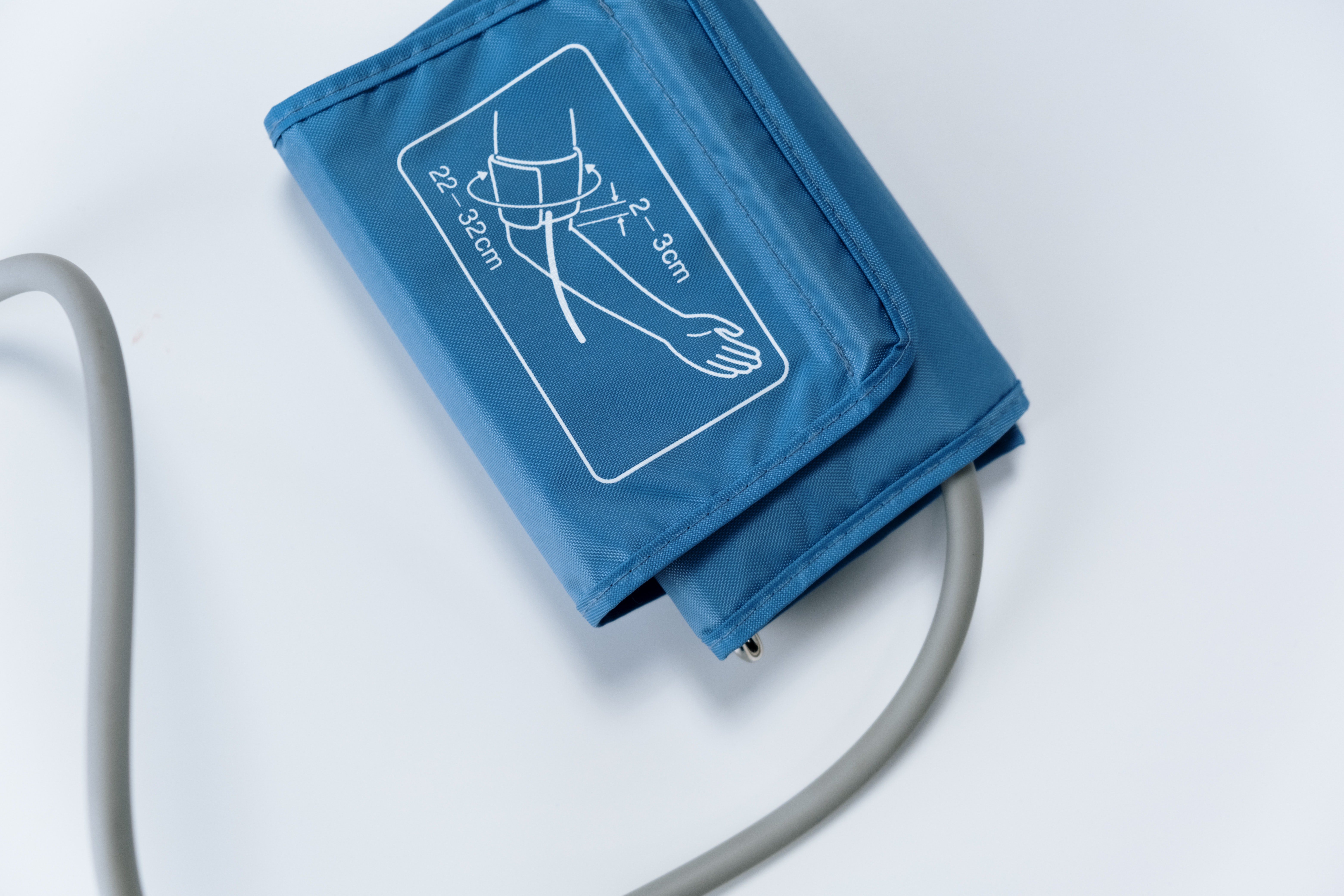According to the CDC, 47.2% of people 30 years of age or older have some form of gum disease. Also known as periodontal disease or gingivitis, gum disease causes chronic gum inflammation.
In the beginning, gum disease causes your gums to become red and swollen and sometimes even bleed. In the most severe cases, your gums peel away from your teeth, causing your teeth to fall out and potentially erode your jawbone. Recent research has shown a connection between gum disease and hypertension, or high blood pressure, a condition affecting 32% of all adults in the United States, according to the CDC.
Experts believe that inflammation due to gum disease may be a catalyst for or worsen inflammation in other parts of the body, including arteries and blood vessels. More than 50 studies have drawn a connection between gum disease and increased risk for heart disease due to hypertension. While we may not fully understand the cause and effect of this connection, Advanced Dental Care of Anderson knows that it’s important to maintain proper oral hygiene, both for your oral health and your cardiovascular health.
Gum Disease Leads to Hypertension
Scientists have long known that hypertension is the main preventable cause of cardiovascular disease and deaths. However, a growing body of evidence is showing that periodontal disease leads to hypertension. A study was recently published in the American Heart Association, Hypertension, that supports the association between gum disease and high blood pressure. The study interviewed over 3,500 patients who were being treated for hypertension and found that over half of them suffered from periodontal disease.
Another study led by Dr. Francesco D’Aiuto, head of the periodontology unit at University College London, reviewed research from 81 studies, including more than 250,000 people. U.K. scientists analyzed the data and found that people with moderate to severe gum disease were 22% more likely to have higher blood pressure, and those with severe gum disease were 49% more likely. This study also suggested that average arterial blood pressure is significantly higher in people suffering from gum disease.
The study’s author, Dr. D’Aiuto, explained the findings: “We observed a linear association — the more severe the periodontitis, the higher the probability of hypertension. The findings suggest that patients with gum disease should be informed of their risk and given advice on lifestyle changes to prevent high blood pressure.”
How It Happens
Both of the referenced studies found similar connections between gum disease and hypertension: it seems that when the gums are infected, the inflammation allows the infection to spread to other parts of the body, causing systemic inflammation, which is bad for the health of your blood. Dr. D’Aiuto also explained, “Bad brushing and bacteria accumulation around teeth causes gum bleeding and disease, but also could raise body inflammation and cause blood vessel damage.”
Some people may be at an increased risk due to obesity, smoking, or genetic susceptibility. Dr. Sally Cram, a periodontist in Washington, DC, reiterates these findings in a statement to Healthline: “…when inflammation is inside blood vessels, that makes the lining inside the blood vessels thicken. As you get those thickening plaques inside those blood vessels, it decreases the blood flow, putting you at risk for heart attack and stroke.” She went on to explain that all of this happens because, “Your head is connected to the rest of your body so whatever is going on in your mouth is going all through your body and your bloodstream. If you’ve got an infection in your mouth, that’s going all through your body and can affect all of your organ systems.”
Gum Disease Complicates Hypertension Treatment
The aforementioned American Heart Association study had farther reaching implications beyond just proving a link between gum disease and hypertension: the study also found that those with gum disease were less likely to respond to hypertension medicines and 20% less likely to be capable of achieving healthy blood pressure targets.
The results of this study showed that “periodontal disease is significantly associated with the worst systolic blood pressure profile during anti-hypertensive therapy.” Across all age groups surveyed in this study, blood pressure control was worse and more difficult in patients with gum disease than in those without. However, the researchers also noted that when adults with periodontal disease treated it, their blood pressure got better. The research effectively proved that proper oral health is associated with healthy blood pressure.
Advance Dental Care of Anderson
These findings have scary implications for the large pool of adults who suffer from hypertension and gum disease. If you or someone you love is suffering from complications due to gum disease, Advanced Dental Care of Anderson is here to help. Visit our website today to learn more about our services.

